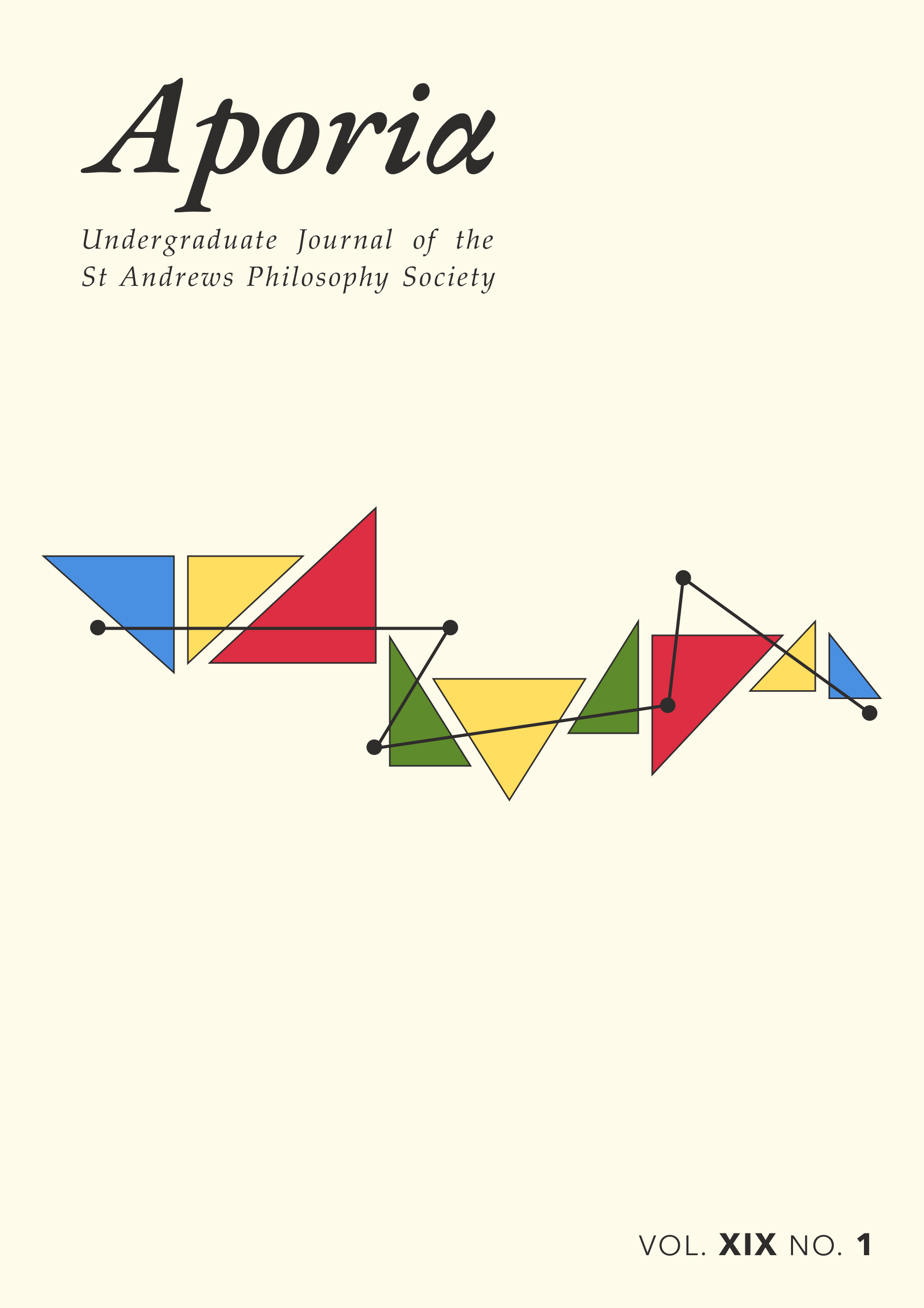Why Virtue Ethics? Action and motivation in virtue ethics
Main Article Content
Abstract
Contemporary virtue ethics, an agent-centred ethical theory, has been presented as a response to inadequacies in more traditional act-centred theories. In this paper, I argue that such a response is insufοcient: contemporary virtue ethics fails to avoid the inadequacies that it purports to avoid, and brings with it problems of its own. This paper is divided into 5 sections, in the οrst of which I introduce contemporary virtue ethics as an agent-centred and pluralistic ethical theory. In section 2, I present inadequacies that virtue ethics claims to avoid: being too reductive, too algorithmic, too abstract, self-effacing, and self-other asymmetric. In section 3, I consider and analyse virtue ethics’ account of right action and of motives in order to argue in section 4 that, if these inadequacies are indeed problems affecting traditional ethical theories, virtue ethics does not avoid these problems either— particularly because of its basis in the concept of virtues and its heavy reliance on phronesis. I show that another ethical theory, limited moral pluralism, has the same advantages of not being overly reductive, algorithmic, or abstract, and being self-other symmetric, and that virtue ethics does not avoid self-effacement as it claims to. I also question here whether self-effacement and self-other asymmetry should be considered problems when evaluating moral theories. Finally, I suggest in section 5 that virtue ethics is open to further criticisms of indeterminacy and lack of explanatory power.
Article Details

This work is licensed under a Creative Commons Attribution 4.0 International License.
Author's retain copyright, but give their consent to Aporia to publish their work.

